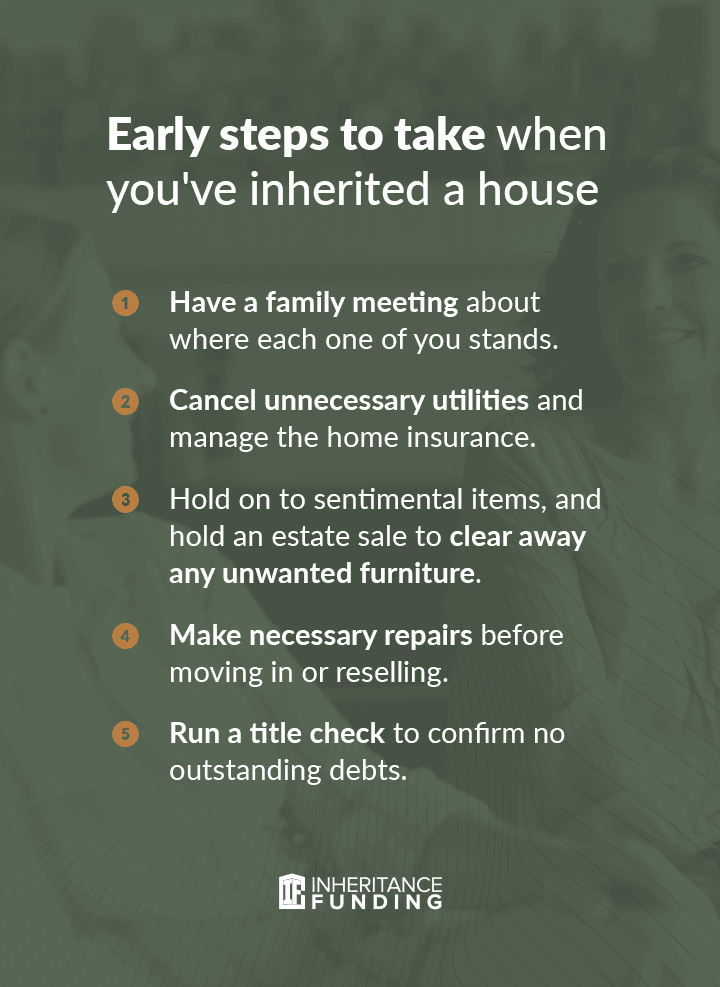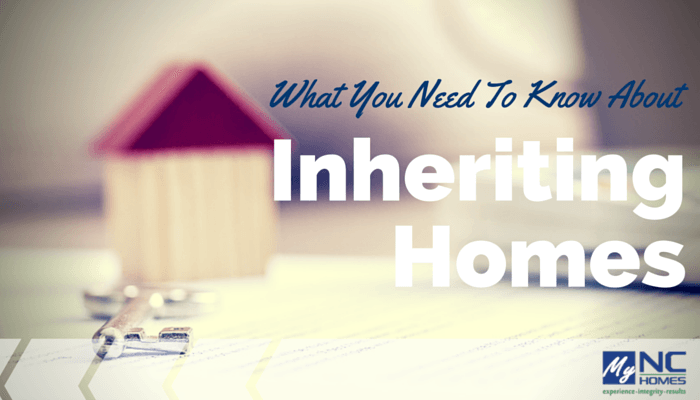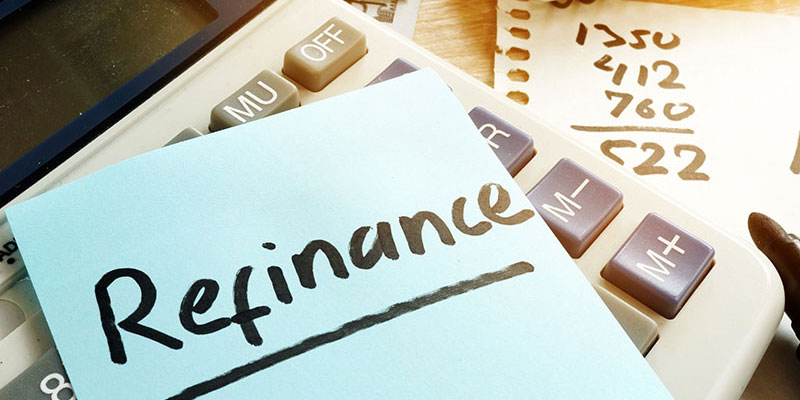Introduction
The passing of a loved one who leaves behind a home as an inheritance signals the beginning of determining what to do with the house and then doing it. Taxes, financial challenges like a mortgage, and personal relationships are just some considerations that must be made when inheriting a home. Although receiving a home as an inheritance can be a great boon to your financial and emotional well-being, selling the property most advantageously requires some planning and research. You might wish to consult a financial planner if you're confused about your finances.
Insurance
It is best to practise rewriting the home's insurance policy after the homeowner's death. As long as you keep up with your premium payments, your current insurance policy may be extended until it expires (often for 30 days). However, if the home enters probate, its insurance may lapse for a long time.
What You Can Do When You Inherit a House
When your family receives a home as an inheritance, you can do one of three things with it. The heir or heirs can live there, sell it, or put it up for rent. You can get a quick overview of what each option means below. Living in the house ensures that it will remain in the family, which is a favourable consideration if the sentimental value has been placed on the home. This is a more budget-friendly alternative if there is no mortgage to pay. Assuming the house is worth more than the mortgage after repairs, selling it is a quick way to get cash. Making the most of a property one has inherited in this way can be accomplished rapidly and with little additional hassle. Passive income from renting out the property is possible, as are some tax benefits. But there are expenses involved with becoming a landlord, and managing renters can take a lot of time and energy.

If You Decide to Sell After You Inherit a House
To determine a starting price for selling an inherited house, you should research recent sales of like-situated homes in the area. Make sure the homeowner's insurance is current and lists the estate or trust as the insured in case something occurs to the property between the time of death and the sale. All utility bills, property taxes, and mortgages are also included in this category. It is possible to avoid paying capital gains tax on the sale of the residence if it has increased in value since the decedent first bought it. The tax basis of an individual's estate is "stepped to market value" on the day of death. As a result of this "step," any appreciation in value beyond the initial investment is not subject to capital gains taxation.
Even a "free" home can still be costly.
If there is a mortgage on the property and the estate has enough money, it can pay it off. Typically, "you're getting a house with no mortgage," adds Lipping. If the deceased person's assets are insufficient to pay off their obligations, mortgages, and liens, their heirs must make some difficult decisions. If the property was subject to a home equity conversion mortgage or reverse mortgage, you might be required to repay the remaining balance in full. HUD states that the owner (or their heirs) has six months to settle the loan in most cases. A "deed-in-lieu" arrangement may also be available in which the homeowner transfers the property title to the lender for an amount less than what is owed on the HECM.

Taxes After You've Inherited a Home
What should I expect in terms of taxes if I inherit a home? Some of the typical taxes inheritors must pay are discussed here; nevertheless, speaking with a tax attorney about your circumstances is always advisable.
Inheritance Tax
Inheritance taxes are often calculated as a fixed proportion of the value of the inherited property and vary by the inheritor's degree of familial connection to the deceased. However, six states impose this tax: New Jersey, Pennsylvania, New York, Connecticut, Delaware, Iowa, Kentucky, and Nebraska.
Estate Tax
When someone dies, their estate may be subject to a tax on the transfer of their assets. There is, in fact, a federal estate tax, but it is very high. If the total value of an estate is more than the federal exemption for that year, then a federal estate tax return must be filed. The cap in 2022 is $12,060,000, up from $11,700,000 the previous year.
Conclusion
Unless a trust has been set up, inheriting a home and transferring the title usually requires going through the probate court system. When you inherit a house from a close relative, you usually won't have to pay any inheritance or estate tax. When it comes time to sell an inherited home, the basis is automatically increased to the fair market value. A family member can take over a mortgaged property without the usual hoops to jump through.




